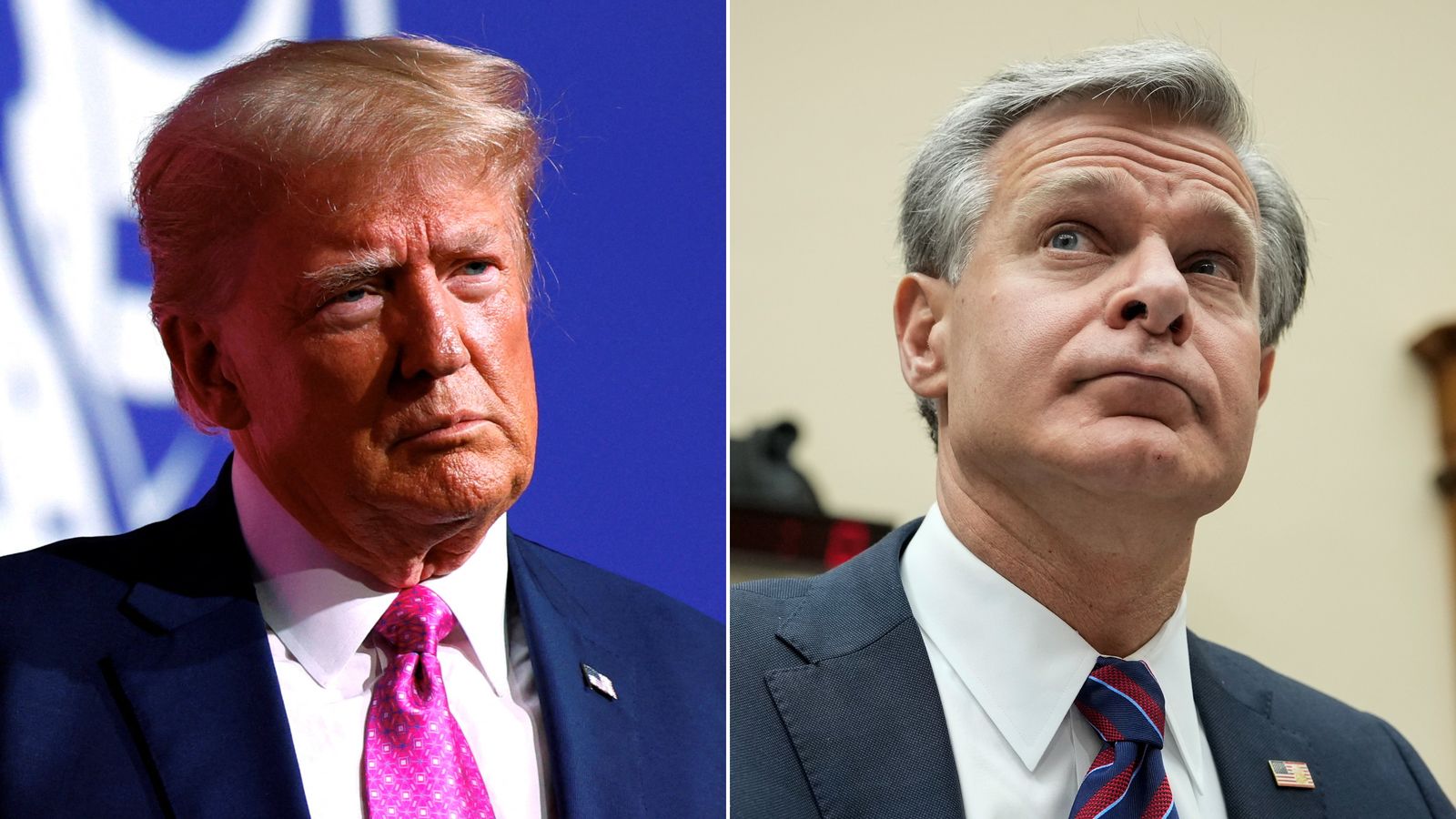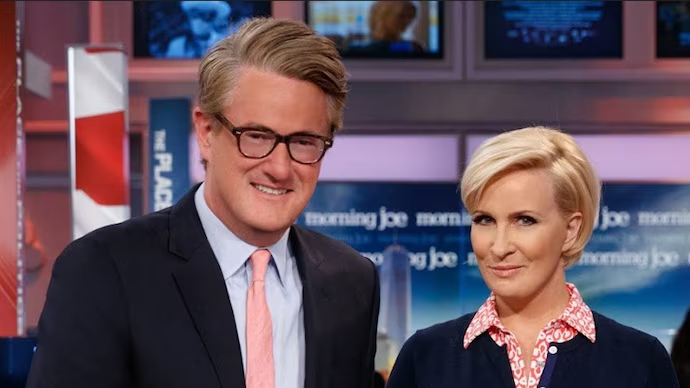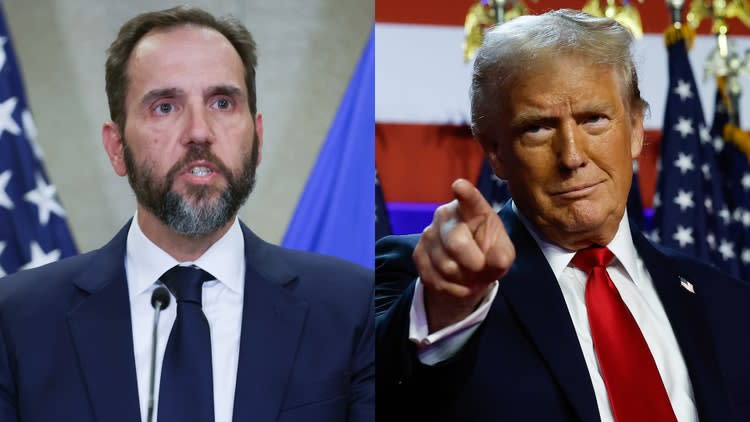Elon Musk, one of the world’s most influential entrepreneurs, is reportedly leading a newly established Government Efficiency Agency under Donald Trump’s second administration. Tasked with slashing federal bloat, Musk’s agency has garnered attention for its potential to disrupt long-standing bureaucratic inefficiencies.
Reports suggest the agency has already identified several programs that could face significant reductions or eliminations.
A conservative audience may welcome such reforms, as they target government waste while adhering to principles of fiscal responsibility. The following outlines five government programs likely to be scrutinized under Musk’s leadership.
Trending: Top Immunity Support For The Times
Your immune system can be weakened by poor diet, lack of sleep, and countless other environmental factors. Explore how our products may help support your body’s natural defenses. zstacklife.com/?ref=HEALTHY
1. The National Endowment for the Arts (NEA)
The NEA has long been a contentious issue, especially among conservatives who argue that taxpayer dollars should not subsidize artistic endeavors. Critics of the NEA point to questionable projects and instances of funding politically charged art. Musk’s agency could see cutting NEA funding as a logical step, redirecting these resources to higher priorities such as infrastructure or national defense.
Proponents of reducing the NEA’s budget argue that art can thrive in the private sector, where market demand determines success. Private donations and patronage, they assert, should replace government intervention.
2. The Corporation for Public Broadcasting (CPB)
The CPB, which funds outlets like PBS and NPR, has been a frequent target of conservatives for its perceived liberal bias. Musk’s agency could argue that the media landscape has evolved, with ample private competition rendering government-funded broadcasting obsolete.
In an era dominated by streaming platforms and digital content, critics question whether CPB’s $500 million annual budget serves the best interests of taxpayers. Advocates for reform suggest reallocating these funds to address pressing national concerns, such as veterans’ healthcare.
3. The Economic Development Administration (EDA)
Part of the Department of Commerce, the EDA focuses on economic development in struggling communities. While its goals appear noble, critics point to inefficiencies and duplicative efforts with other federal and state programs.
Musk’s agency may view the EDA as a prime example of government overreach in economic management, preferring free-market solutions to guide local development. By trimming the EDA’s $300 million budget, Musk could aim to empower private investment rather than bureaucratic intervention.
4. The U.S. Export-Import Bank (Ex-Im Bank)
Conservatives have long criticized the Ex-Im Bank for what they see as corporate welfare. This government agency provides financial assistance to U.S. companies engaged in international trade, but opponents argue it disproportionately benefits large corporations at taxpayers’ expense.
Eliminating or drastically reducing the Ex-Im Bank’s funding aligns with Musk’s efficiency mandate. By phasing out government-backed loans, Musk could encourage a freer, less interventionist trade environment.
5. Planned Parenthood Funding
Although Planned Parenthood receives indirect federal funding through Medicaid reimbursements, it has been a lightning rod in debates about government spending. Conservatives have repeatedly sought to strip taxpayer support from the organization due to its provision of abortion services.
While defunding Planned Parenthood might face legal and political hurdles, Musk’s agency could propose measures to ensure federal dollars are not used in ways that conflict with taxpayers’ values. Such actions would resonate with a conservative base prioritizing life and accountability.
Conservative Support for Musk’s Mission
The conservative argument for streamlining these programs rests on reducing national debt and curbing unnecessary spending. Advocates argue that every dollar spent on redundant or wasteful programs is a dollar that could strengthen the military, secure borders, or bolster entitlement programs like Social Security.
Musk’s private-sector mindset, proven in ventures like Tesla and SpaceX, may bring an innovative approach to tackling inefficiency. His leadership offers the potential to replace bloated bureaucracy with lean, results-oriented governance.
Skepticism and Challenges
Despite the enthusiasm among fiscal conservatives, there is skepticism from other corners. Critics argue that eliminating certain programs could harm vulnerable populations or diminish cultural and educational resources. Musk’s agency must navigate these objections while building a strong case for its reforms.
For example, defenders of the NEA and CPB claim their programs ensure universal access to the arts and unbiased news, particularly in rural areas. Musk’s agency will need to present clear evidence that private alternatives can fill these gaps.
A Bold Vision for Federal Reform
Musk’s involvement signals a bold shift in addressing inefficiencies within the federal government. If the programs mentioned above are reduced or eliminated, it would mark a significant step toward reshaping the role of government in Americans’ lives.
As discussions continue, conservatives may view this initiative as a long-overdue effort to hold Washington accountable. Musk’s reputation as a disruptor could be the catalyst needed to bring meaningful reform to a sprawling federal bureaucracy.






